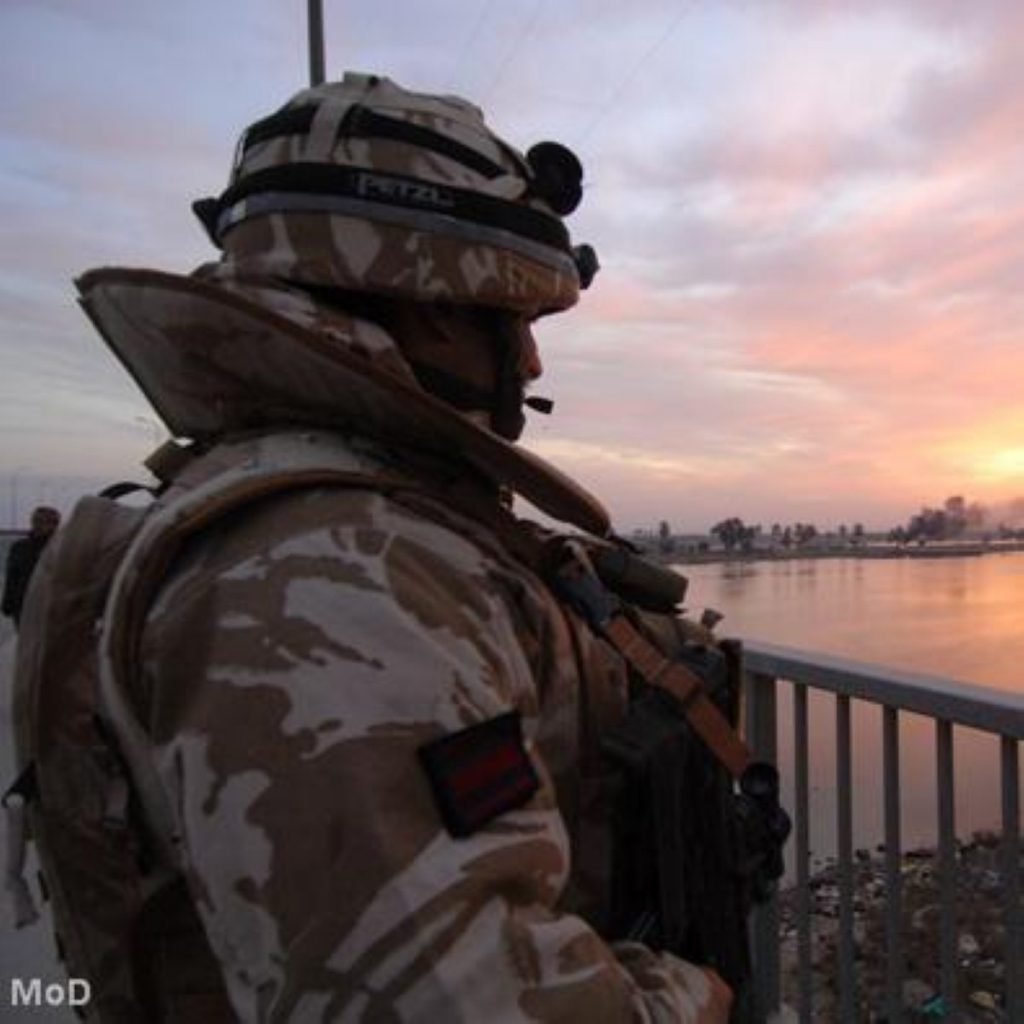Iraq inquiry to be held in secret
By Ian Dunt and Gabriel Huntley
There was outrage today as Gordon Brown announced the inquiry into the Iraq war will be conducted in secret.
There was further criticism when the prime minister revealed it would take one year to publish its findings – meaning any conclusions will only come to light after the general election.
There was also anger over Mr Brown’s demand that it “try to avoid apportioning blame”.


The prime minister announced details of the inquiry in the Commons this afternoon.
Based on the structure of the Franks inquiry into the Falklands war, it will be conducted by privy councillors and cover an eight year period between the summer of 2001 and the end of July this year.
“As he reinvented himself last week, Gordon Brown told us he was committed to transparency in government,” said Angus Robertson, Scottish National party (SNP) defence spokesperson.
“Today, the doors he was so keen to open have been slammed shut in the faces of our service personnel, the families who lost loved ones in Iraq, those people who protested against the war, and all of us who are paying for it.”
Responding to the prime minister’s statement, Conservative leader David Cameron said: “The whole point of having an inquiry is it must be able to make clear recommendations in a way that builds public confidence.
“The membership looks quite limited, the terms of reference are restricted and none of it – none of it – will be held in public.”
Lib Dem leader Nick Clegg, who promised to boycott any secret inquiry, said the Iraq conflict was Britain’s worst foreign policy decision “since Suez”.
He continued: “I am staggered that the prime minister today is seeking to compound that error by covering up the path that led to it.”
He said he was speaking on behalf of the families of soldiers killed in Iraq when he called for a fully-independent inquiry presenting its findings and conducting proceedings in public.
“The government must not be allowed to close the book on this war as it opened it: in secrecy.
“For six years we’ve watched our brave servicemen and women put their lives on the line. To rebuild public trust the inquiry must be held in public.”
The government wants to ensure that the inquiry does not expose information which risks national security, but it is expected that a parliamentary motion would be launched by backbenchers to oppose any attempt to hold the inquiry in private.
Gordon Brown committed to holding an inquiry into the Iraq war on the fifth anniversary of the invasion in 2008.
Britain formally ended its combat operations in Iraq in April.

